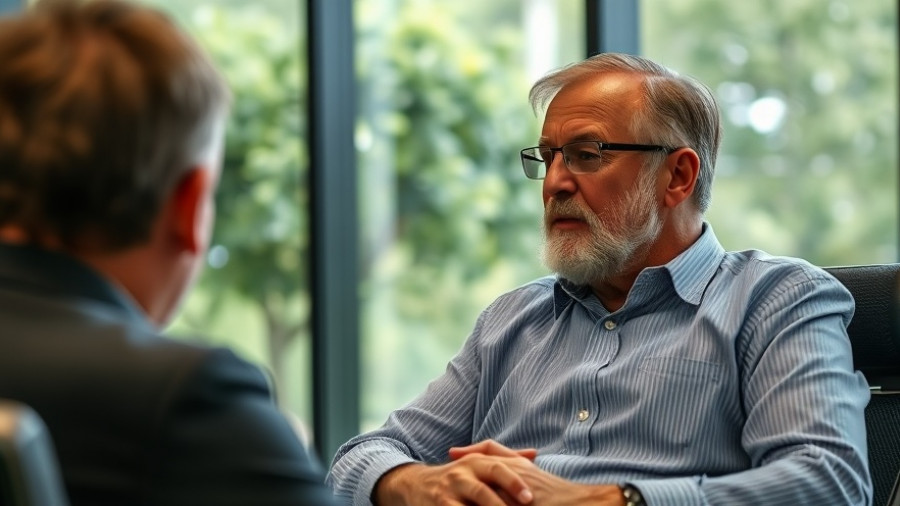
Understanding the Link Between Weight Loss and Hair Loss
It's disheartening to face hair loss when you're trying to shed extra pounds. If you've recently embarked on a weight loss journey, you may have noticed sensitive areas where your hair seems thinner. But why does weight loss lead to hair loss? The connection can be complex, primarily revolving around nutritional changes, stress, and hormonal shifts in the body.
In 'Why Weight Loss Causes HAIR LOSS #shorts,' the discussion sheds light on the sometimes unexpected consequences of shedding pounds, especially regarding hair health. Here, we delve deeper into these insights and explore effective strategies to manage and restore hair loss.
The Nutritional Component
When you lose weight, especially rapidly, your calorie intake may drop significantly. This can result in nutrient deficiencies, particularly in proteins, vitamins, and minerals critical for hair health. A drastic reduction in calories often means fewer nutrients reach the scalp, leading to weaker follicles and, eventually, hair thinning.
Stress and Hormonal Impact
The stress of weight loss, whether from exercise or dietary changes, can also trigger a hair loss condition known as telogen effluvium. This condition causes hair to enter the shedding phase prematurely. Hormonal fluctuations during weight loss are another significant factor; such changes can disrupt the body’s usual hair growth cycle, causing increased shedding.
Actionable Tips for Managing Hair Loss
To combat hair loss while losing weight, focus on a balanced diet rich in nutrients essential for hair growth. Incorporate foods high in protein, iron, and omega-3 fatty acids. Regular scalp massages can also stimulate follicle activity. Additionally, consider hair restoration treatments such as platelet-rich plasma (PRP) therapy or laser hair therapy to promote healthy hair growth.
Seeking Professional Help
If hair loss persists, consulting with a medical professional is vital. They can provide tailored advice, recommend treatments, or explore options like folicular unit extraction (FUE) or hair transplant surgery. Remember, nourishing your body is key not only to support your weight loss goals but also to maintain healthy hair.



Write A Comment